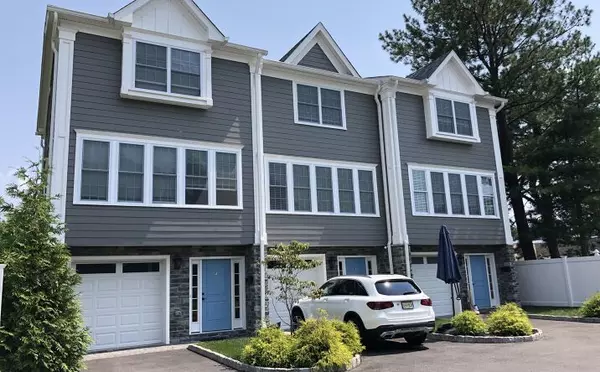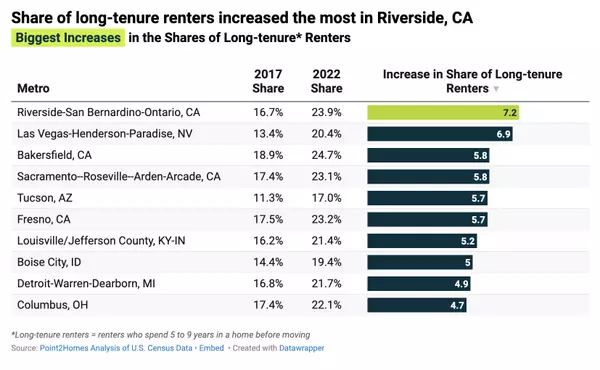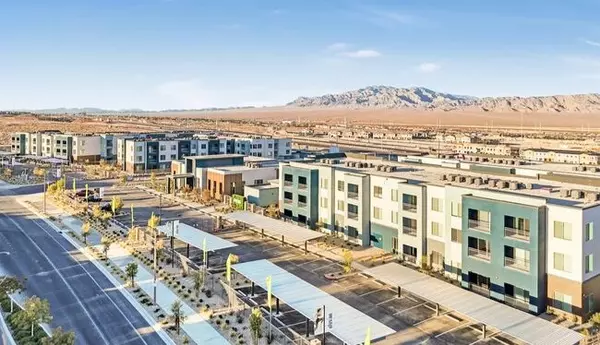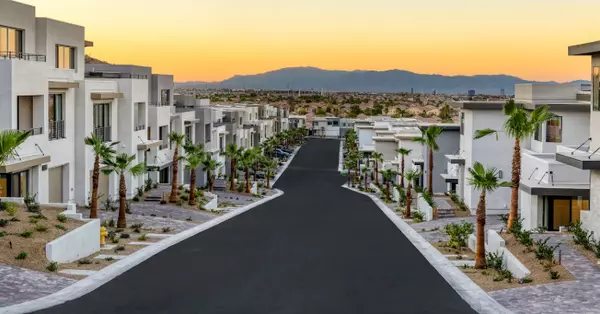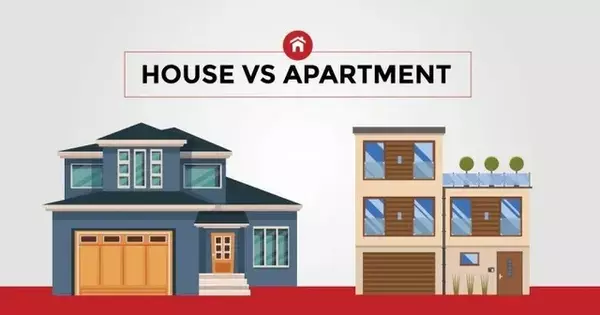Las Vegas Rental Market: Single-Family Homes 42% More Expensive to Rent Than Apartments
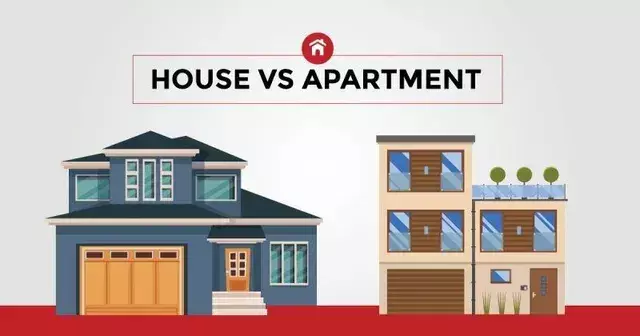
Las Vegas Rental Market: Homes More Expensive to Rent Than Apartments
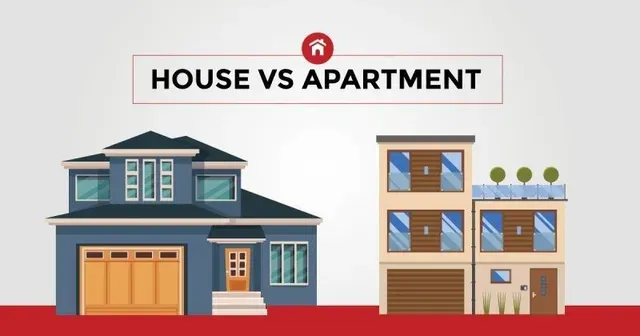
Las Vegas Rental Market: Why Renting a Home Costs 42% More Than an Apartment
According to a new Zillow report, renting a single-family home in Las Vegas is now 42% more expensive than renting an apartment. The average rent for a house has climbed to $2,172 per month, while apartments remain more affordable at $1,525 per month, according to the Las Vegas Review-Journal.
This rental disparity reflects Las Vegas’ unique housing market, where a higher proportion of single-family rentals and limited apartment construction contribute to widening cost differences. For real estate investors, homeowners, and renters, understanding these trends is key to making informed decisions in 2025 and beyond.
Why Are Single-Family Homes More Expensive to Rent in Las Vegas?
1. High Proportion of Single-Family Rentals
• Las Vegas has a higher ratio of single-family rentals compared to other major metros.
• This is partly due to historical development patterns and limited multifamily construction.
2. Limited Apartment Supply
• Apartment construction in Las Vegas has not kept pace with population growth, leading to stable apartment rents.
• Fewer new apartments mean higher demand for existing multifamily units, keeping rents lower compared to single-family homes.
3. Rising Home Prices Drive Higher Rents
• Median Home Price: $485,000 in January 2025, surpassing the previous record of $482,000 in May 2022 (Las Vegas Realtors).
• Higher home values mean higher rental rates for single-family homes as landlords seek returns on investments.
What Does This Mean for Investors and Homeowners?
The Las Vegas rental market presents unique opportunities and challenges for real estate stakeholders.
Investor Opportunities:
• Apartments Offer Stability: With average rents at $1,525, multifamily investments may provide consistent occupancy rates and stable cash flow.
• Single-Family Rentals: While more expensive to rent, they attract families and long-term tenants, which can reduce turnover costs.
• Value-Add Strategies: Investors could modernize apartments to justify higher rents, leveraging the cost gap between apartments and homes.
Homeowner Considerations:
• Evaluate Selling vs. Renting: With high home values, homeowners could benefit from selling properties or renting them out at premium rates.
• Primary Residence Strategy: Those looking to sell could capitalize on gains, while renters might face higher costs if transitioning to a rental home.
Key Takeaways for Real Estate Strategies in 2025
✔ Single-Family Rentals:
• Pros: Higher rental income, attracts long-term tenants, appeals to families.
• Cons: Higher vacancy risks, maintenance costs, and tenant turnover expenses.
✔ Multifamily Investments:
• Pros: Lower vacancy rates, consistent demand, lower rental price sensitivity.
• Cons: Potential for slower rent growth, competition from new apartment developments.
✔ For Homebuyers:
• Challenges: Rising home prices make entry difficult for first-time buyers.
• Opportunities: Those with equity in their homes can capitalize on high market values.
How to Adapt Your Real Estate Strategy
1. Investors:
• Consider Multifamily Properties: Focus on stabilized assets with high occupancy rates.
• Explore Single-Family Rentals: Especially in high-demand neighborhoods where rents justify investment costs.
2. Homeowners:
• Assess Selling vs. Renting: High home values offer strong selling opportunities, but premium rental rates could generate consistent income.
• Evaluate Market Trends: Stay informed on Las Vegas housing trends to make strategic decisions.
Navigating the Las Vegas Rental Market in 2025
The current rental market dynamics in Las Vegas reflect broader economic trends, including limited housing supply, rising home values, and strong rental demand.
• For investors: The wider gap between home and apartment rents offers opportunities to diversify portfolios and maximize returns.
• For homeowners: The decision to sell or rent should be guided by financial goals, market conditions, and long-term plans.
Contact Us Today to discuss your real estate strategy and navigate the Las Vegas market effectively!
FAQs: Las Vegas Rental Market – Homes vs. Apartments
1. Why is renting a single-family home more expensive than an apartment in Las Vegas?
Single-family home rentals are 42% more expensive than apartments due to limited apartment supply, high home values, and greater demand for family-friendly housing.
2. What is the average rent for single-family homes and apartments in Las Vegas?
• Single-Family Homes: $2,172 per month.
• Apartments: $1,525 per month.
3. How do rising home prices impact rental rates in Las Vegas?
With the median home price reaching $485,000 in January 2025, landlords are increasing rental rates to maintain investment returns, contributing to higher costs for single-family rentals.
4. Should investors focus on single-family rentals or apartments in Las Vegas?
• Single-Family Rentals: Offer higher rent potential but may involve higher risks and maintenance costs.
• Apartments: Provide more stable cash flow, lower vacancy rates, and consistent demand.
5. Is now a good time to buy a home in Las Vegas?
With record-high home prices, buying a home might be challenging for first-time buyers. However, current homeowners could benefit by selling or renting out their properties at premium rates.
6. What are the best strategies for investors in the current Las Vegas rental market?
• Invest in multifamily properties to take advantage of strong apartment demand.
• Consider single-family rentals in high-demand neighborhoods.
• Explore value-add opportunities to enhance returns.
Categories
Recent Posts
